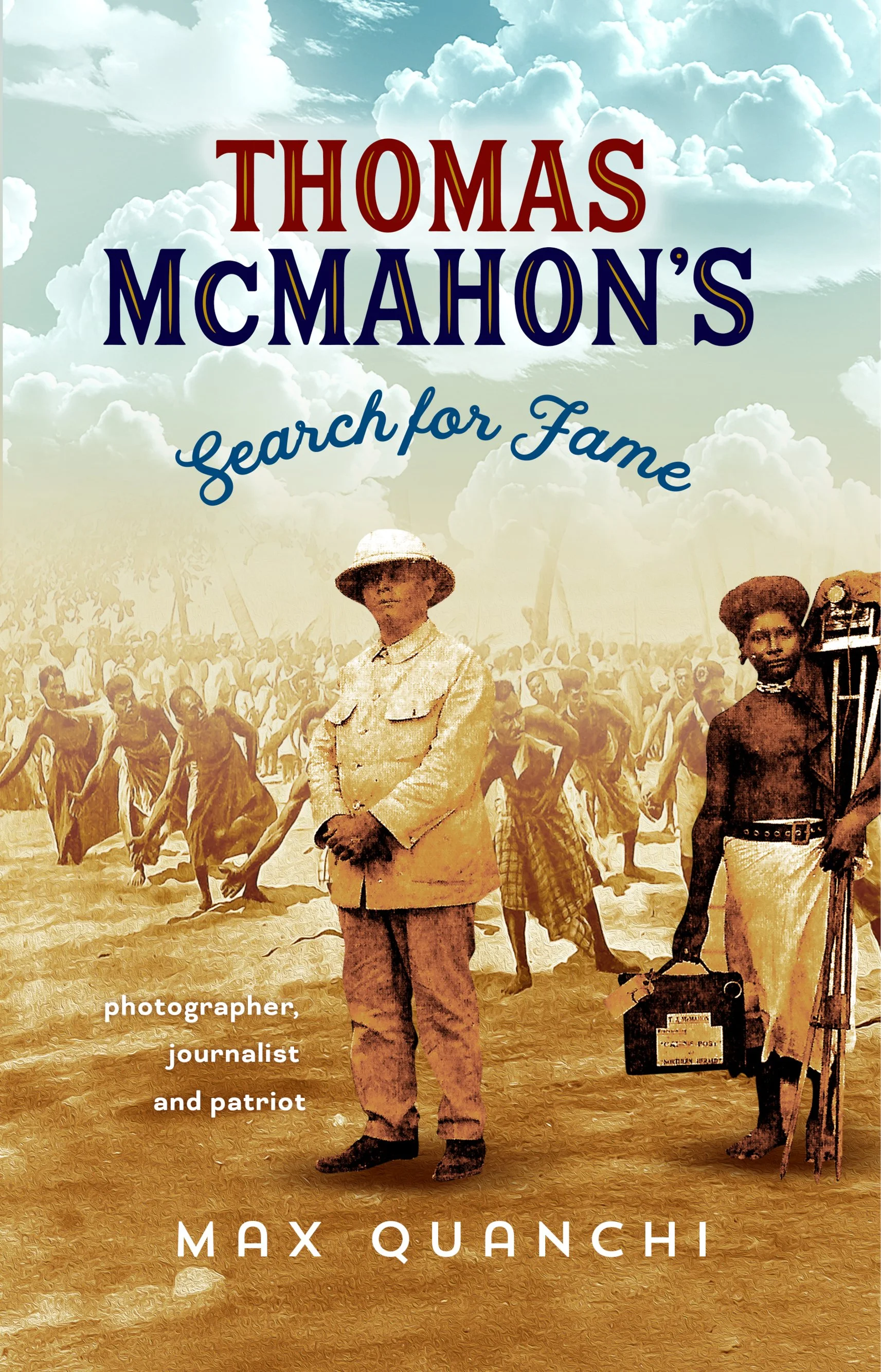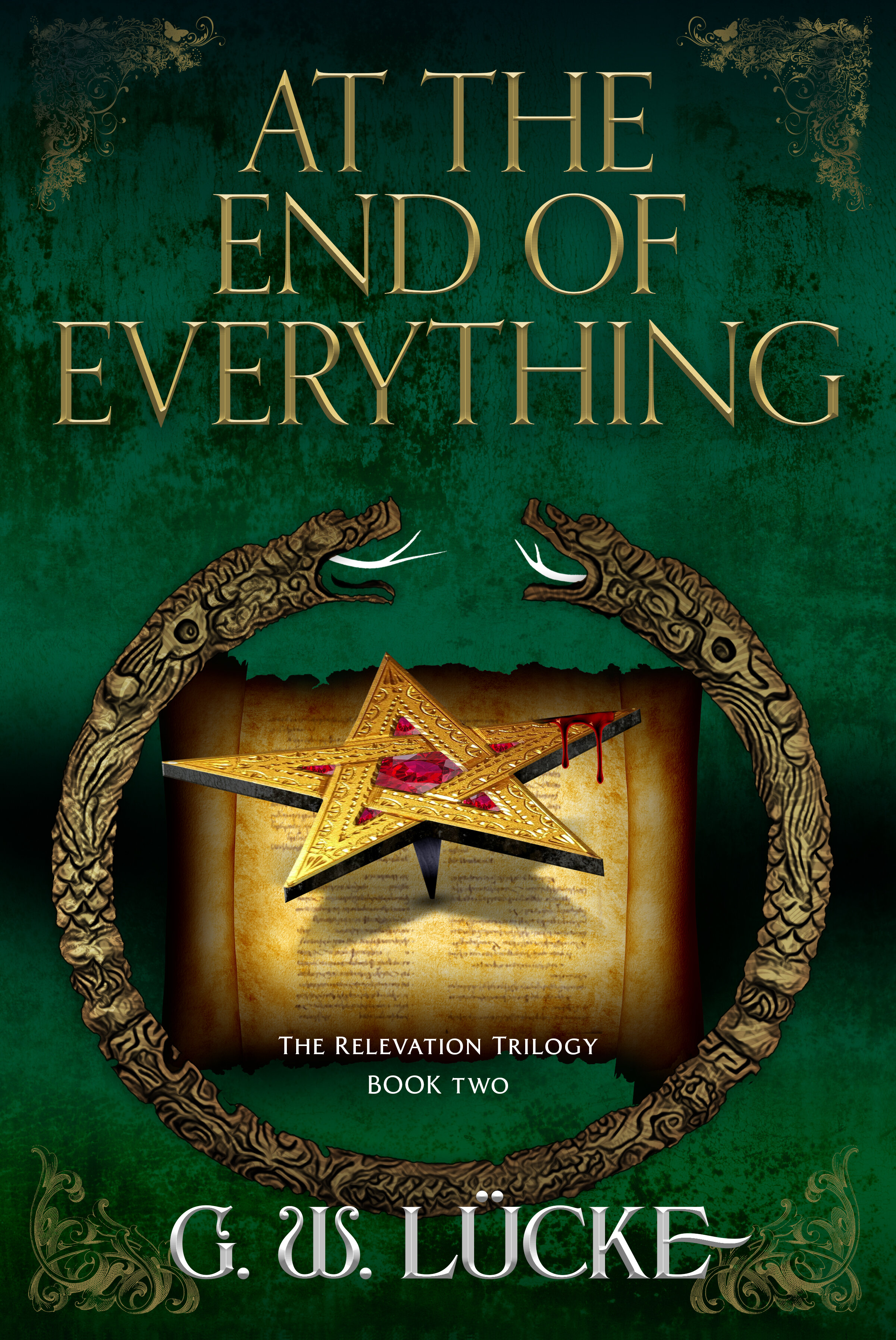It’s often said that everyone has at least one book in them. Good. A thriving culture is loaded with storytellers of both fact and fiction. You don’t have to be a mega-seller to enrich yours and other people’s lives with your writing. If you have written your first book, then what should you reasonably expect in terms of publication and success?
The biggest myth to bust is that your book will sell itself. Yes, your words might be captivating; yes, you might have a stunning cover; yes, you are wrung out from the many months or years of effort to create a retail-ready book; but – and it is an important but – are you genuinely ready to promote your book? Promotion is a whole other game, which requires planning, strategy and many hours of intense work. Just when you thought you could sit back, relax and wait for the phone to ring!
Creating a print book, ebook or audiobook for a global readership has never been easier. That’s the good news. However, this also means there are millions more first-time authors around the planet competing for the attention of readers. It is often said in the book publishing industry that 95% of new titles will sell fewer than 100 copies. This includes traditionally published as well as self-published titles. A sobering statistic.
In Australia, ABC Radio is the most accessible and effective network for publicising new books. Yes, TV would be even better, but good luck getting that level of exposure unless you are already a celebrity or well-connected with TV insiders. Perhaps you think a good review in a newspaper, magazine or journal should sell truckloads. Not really. Even though a review is typically more objective than listening to a radio interview of an author spruiking the wonders of their latest title, potential readers usually find the subjectivity of the author more engaging. And what about commercial radio? Yes, this can work, but more book buyers listen to the ABC.
But before you pick up the phone to dial your local ABC Radio station, you need to know that, as a rough average, they will be able to publicise only about 1 in 20 of the books they receive. And every day a particular show at a metropolitan station, like 774 (Melbourne) or 702 (Sydney), might receive 20, 30 or more books seeking an interview for their author. This includes traditionally published authors.
Believe it or not, you can beat these odds, like I did, and score interviews with ABC Radio stations in capital cities, if you write an engaging one-page media release with a headline that hooks your potential interviewer. You will need to post a copy of your book along with your media release addressed to a particular announcer or their producer, who you’ve researched online. You might even go that extra metre with a follow-up phone call a few days later to see if they received your ‘media kit’.
If this all sounds like too much hard work, then why not Google freelance book publicists? Yes, you can do this, but don’t be surprised if a professional’s publicity campaign costs $5,000 or even $10,000 with no guarantee of success. Yes, really. Unfortunately, even that amount of money cannot guarantee high-profile announcers at key radio stations will choose you and your book. You might receive some incidental publicity opportunities, such as a community radio interview, but these will be lucky to translate into significant sales.
The above is an outline of how to pitch your print book to the traditional media: radio, print, TV. Of course, you can also promote your book on social media. If you have only an ebook version of your title, then you can forget about traditional media (who expect your book is important enough to warrant a print edition to be worthy of broadcast time) and focus all your promotional efforts online. The best material I have found on how to promote your ebook is a free downloadable guide titled Let’s Get Digital by David Gaughran, an Irish writer living in Portugal. Google him and also sign up for his regular and very helpful emails.
Then there are paid-for ebook marketing services, such as BookBub and similar companies like Book Gorilla, The Fussy Librarian, Freebooksy and Booksends. They all have various terms and conditions that may or may not suit you and your budget. Or Google the website of Alessandra Torre Ink and check out her resources and courses that show authors how to use Goodreads to attract and retain readers. There are numerous other ways to promote your ebook and/or print book, but you get the idea: marketing know-how is crucial if you want to compete successfully.















